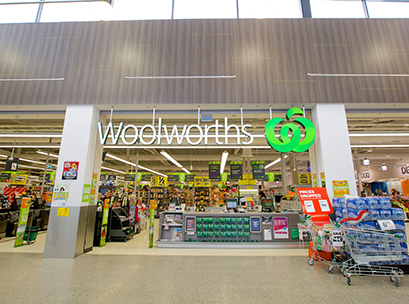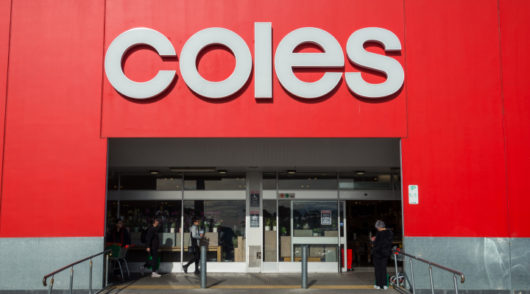
Supermarket giants Woolworths and Coles have seen their brand value decline this year due to competition, while brands regarded as being innovative lifted their brand value, according to the latest BrandZ Top 40 Most Valuable Australian Brands report.
The report by WPP and Kantar, which looks at financial earnings and brand power, showed competition from discount retailer Aldi has caused the drop in Woolworths and Coles’ brand value.
“The two tend to make gains and losses at the expense or advantage of the other; both have run marketing campaigns in the past year aimed at securing shopper loyalty by offering collective toys,” according to the study.
With Aldi now accounting for around 15 per cent market share among the supermarkets, Woolworths and Coles are facing tough competition.
Woolworths’s ranking in the most valuable brands report dropped 1 per cent this year and is now in fifth place. Coles takes seventh place, down 10 per cent.
The report also showed that innovation was an incredibly powerful factor that drove increased value for seven brands this year.
BrandZ data both in Australia and in other markets shows that when brands are innovative, and consumers regard them as being innovative, the effect on brand value can be tremendous.
“The problem is that few brands in Australia are seen as especially progressive on this measure and there is a clear innovation gap between the most valuable brands here and overseas.”
Hardware chain Bunnings has been named as this year’s fastest-rising brand, up 46 per cent in brand value, the study showed.
The DIY chain known as much for its charity sausage sizzles as for its extensive range and store network performed well on all BrandZ measures of strength, and is much loved by consumers, the research revealed.
It is one of just seven brands to rise in value this year, and the only one to post growth of over 10 per cent.
Bunnings launched its highly anticipated e-commerce site, and the retailer has even been trialling a click-and-collect fulfilment order.
Overall, the leading 40 brands in the country have a combined brand value of $96.8 billion in 2019, down 5 per cent over last year’s ranking.
David Roth, CEO of The Store WPP EMEA and Asia and chairman of BrandZ, said the 2019 ranking also highlights the importance of trust and the dire consequences of losing it.
“The dividing line between many of the best performers and those that struggled was their level of perceived consumer trust – another key indicator of recommendation and increasingly important in the social media age,” the study shows.
It also showed that one sector demonstrating the power of trust is retail.
According to James Brown, Kantar Australia executive director of retail and shopper, Bunnings is a brilliant example of the power of combining consumer trust with being highly meaningful and different to the competition.
Bunnings, which ranks ninth at $2.7 billion, is Australia’s most trusted brand with a score of 144, achieving a standout growth of 46 per cent.
“Those that achieved this compelling mix performed six times better in this year’s ranking; and while bricks and mortar retail is facing some challenges, the sector still boasts some of our most trusted brands and this is a strong asset to have as they navigate the tough economic climate,” Brown said.
“Aussie consumers do trust those brands that are highly meaningful and different to their competitors.”





